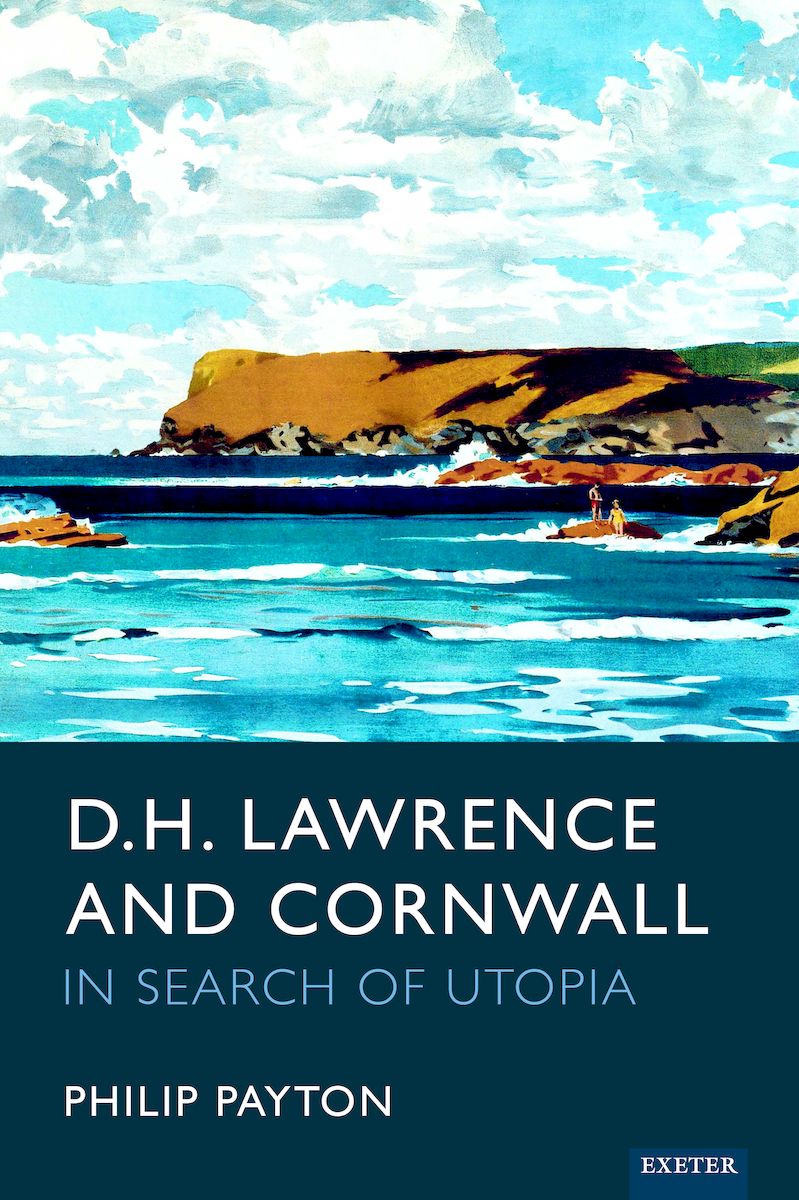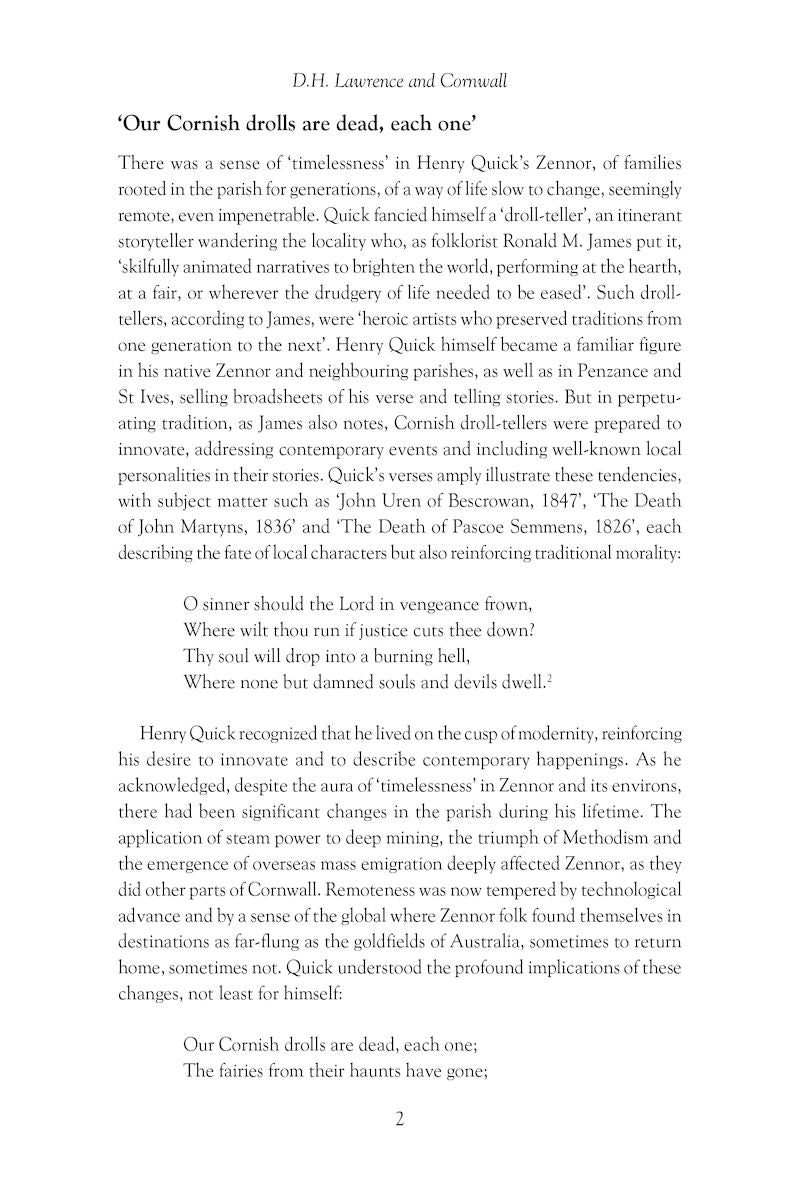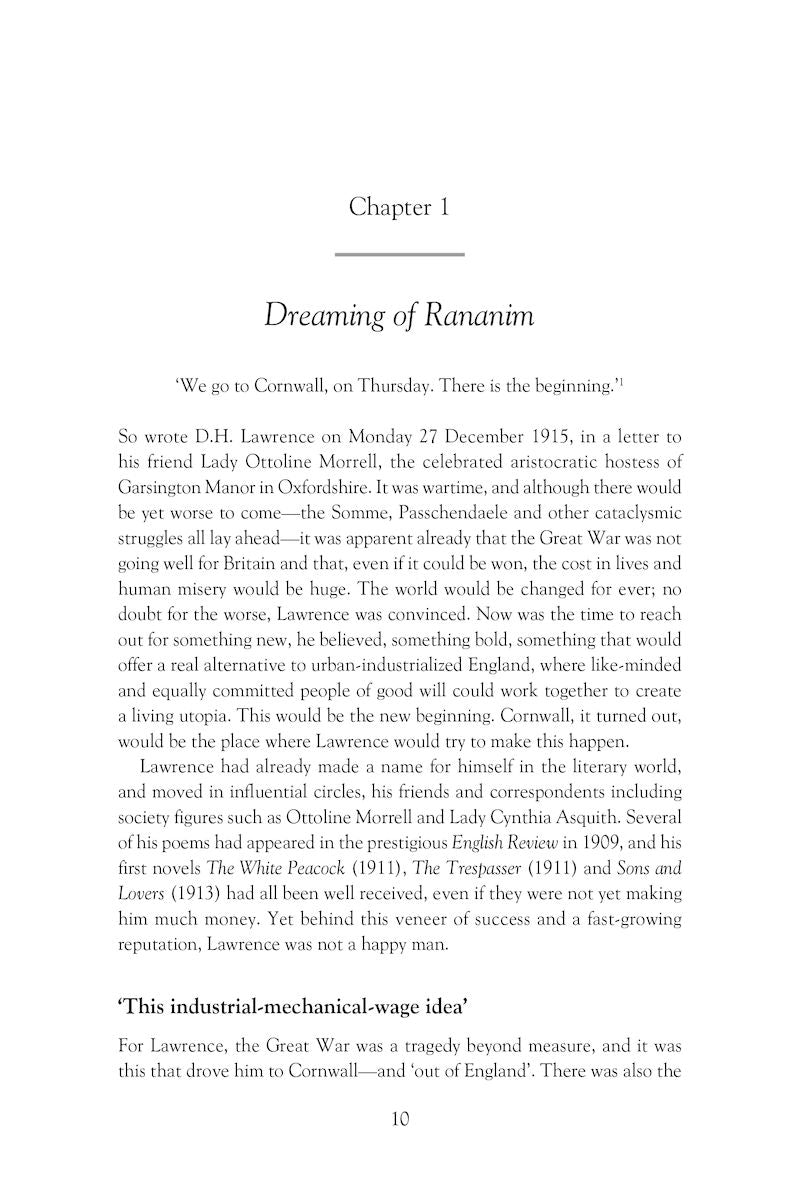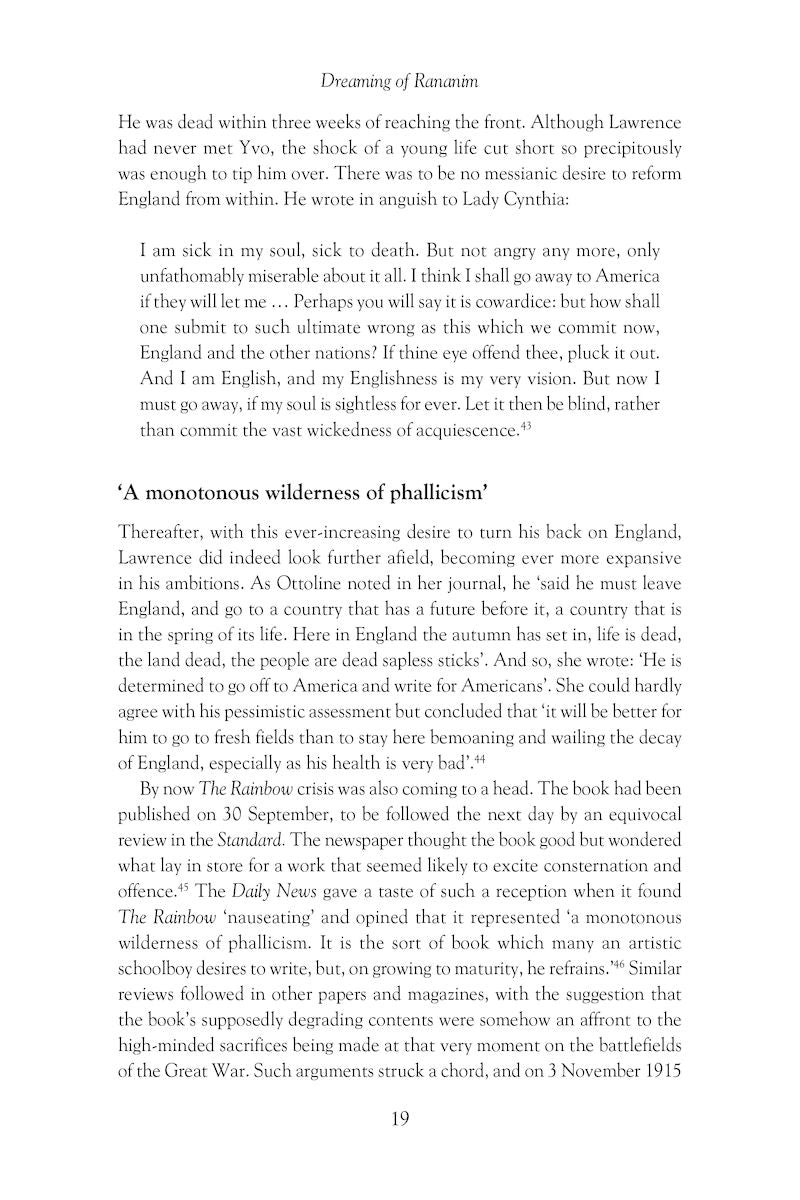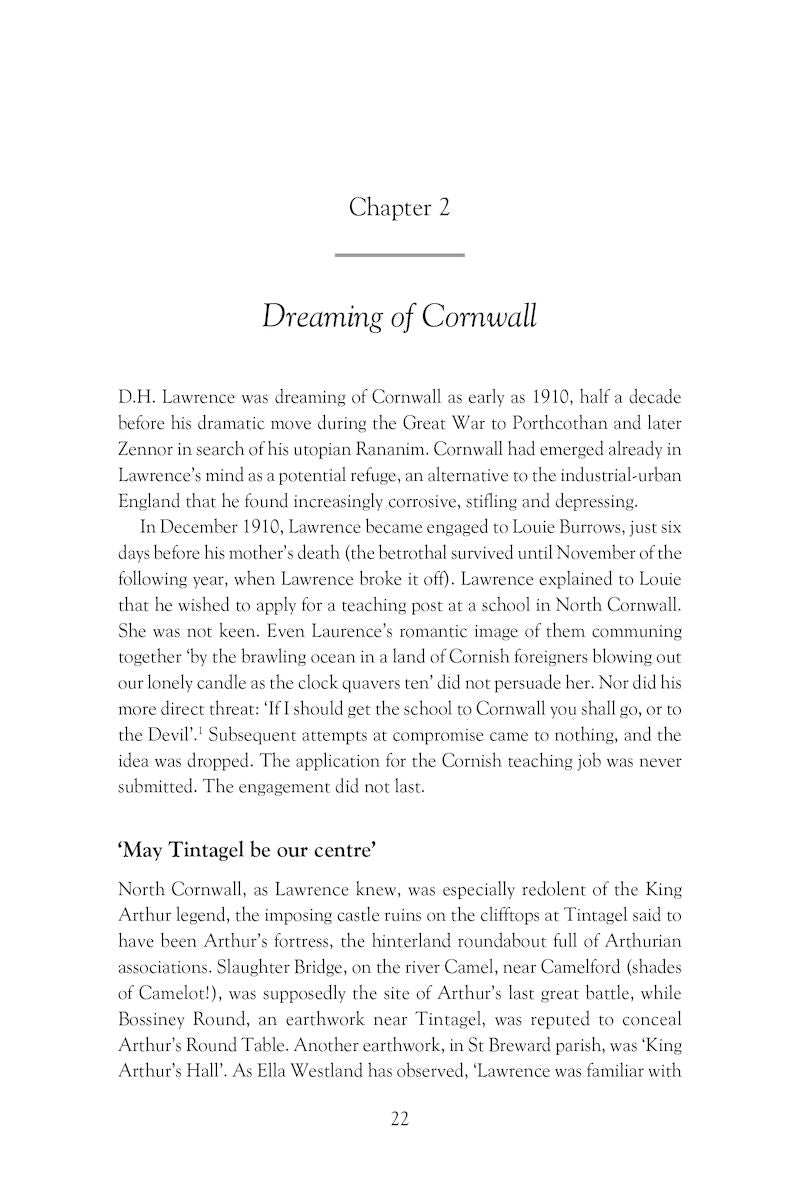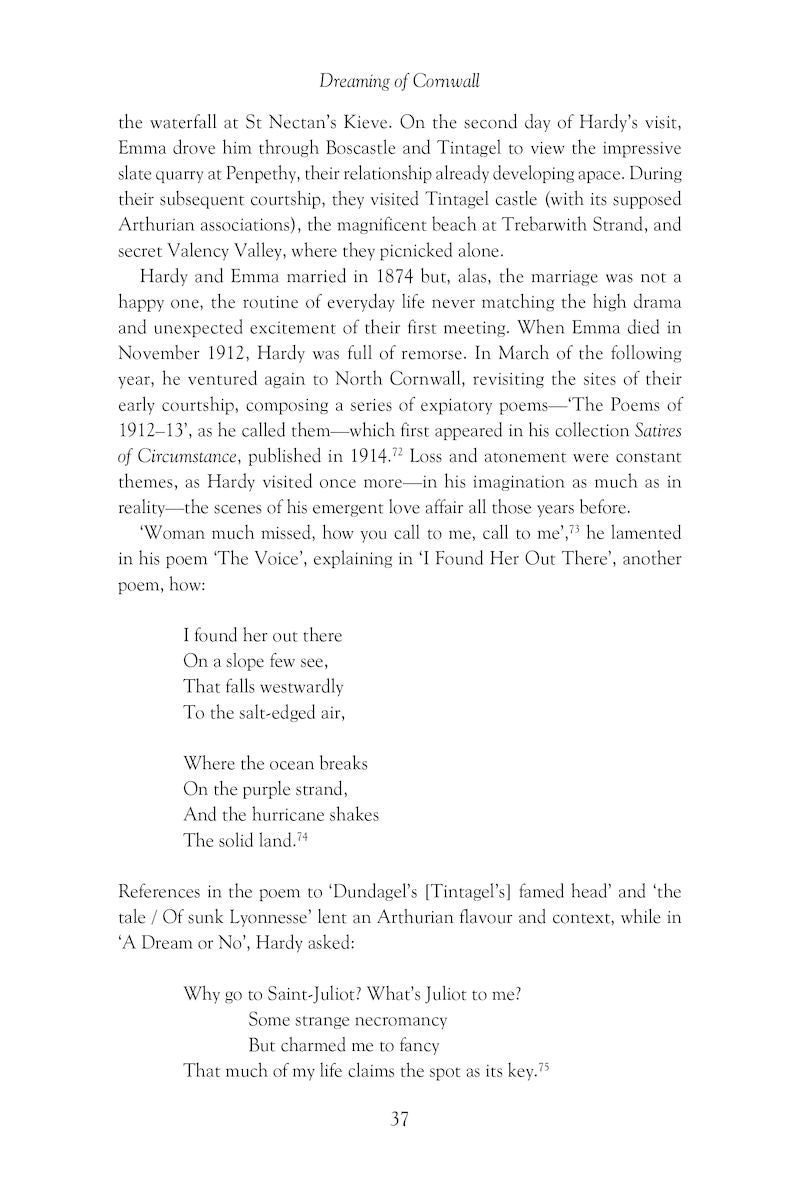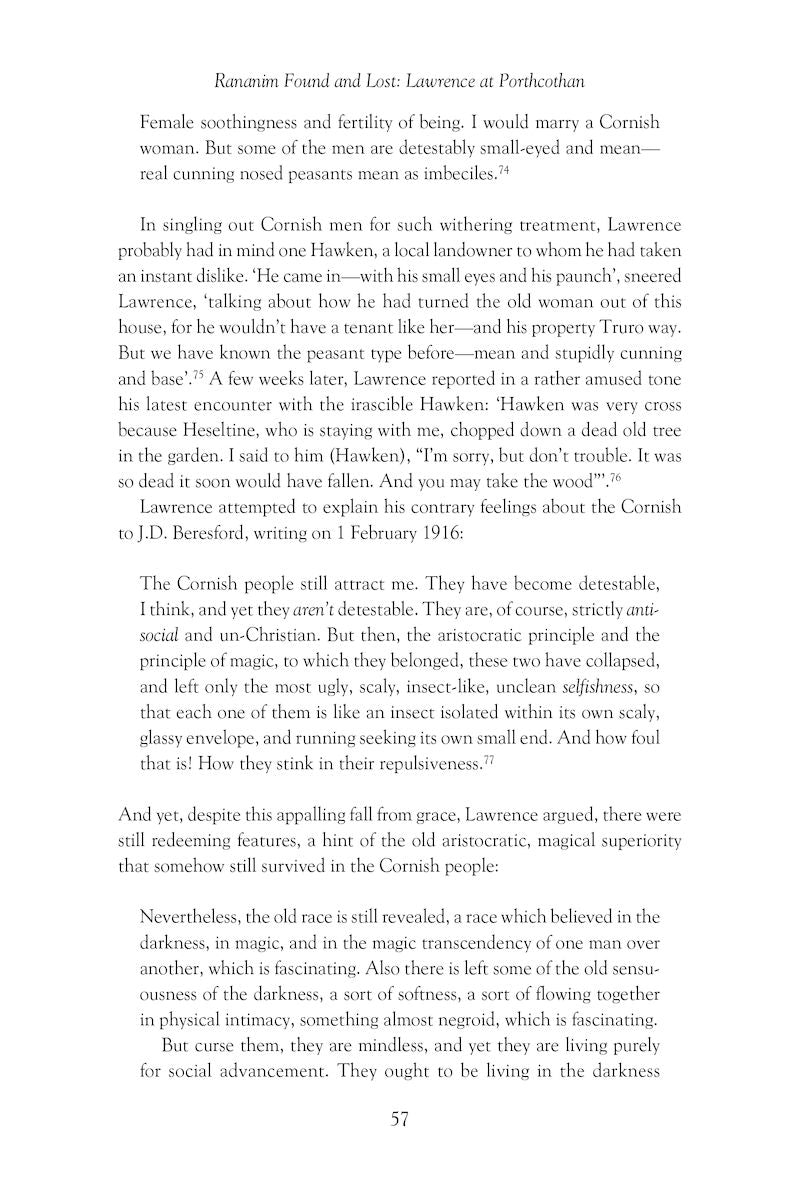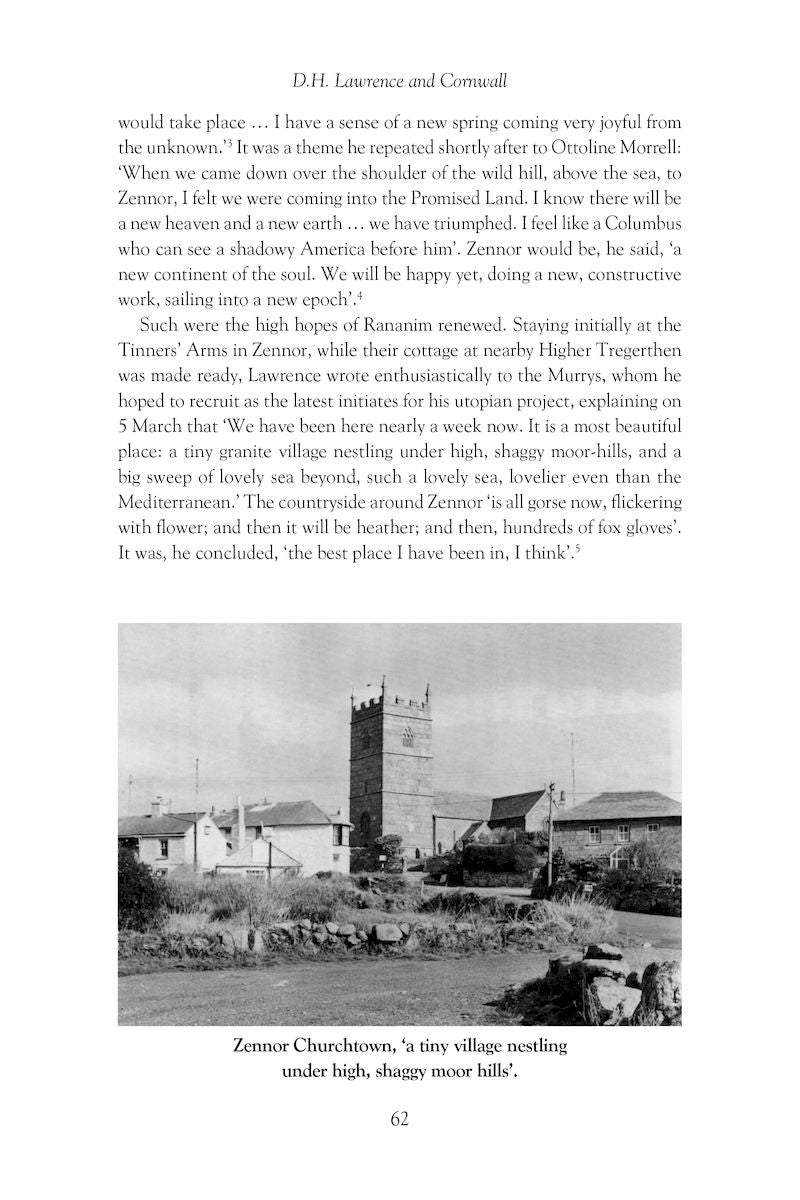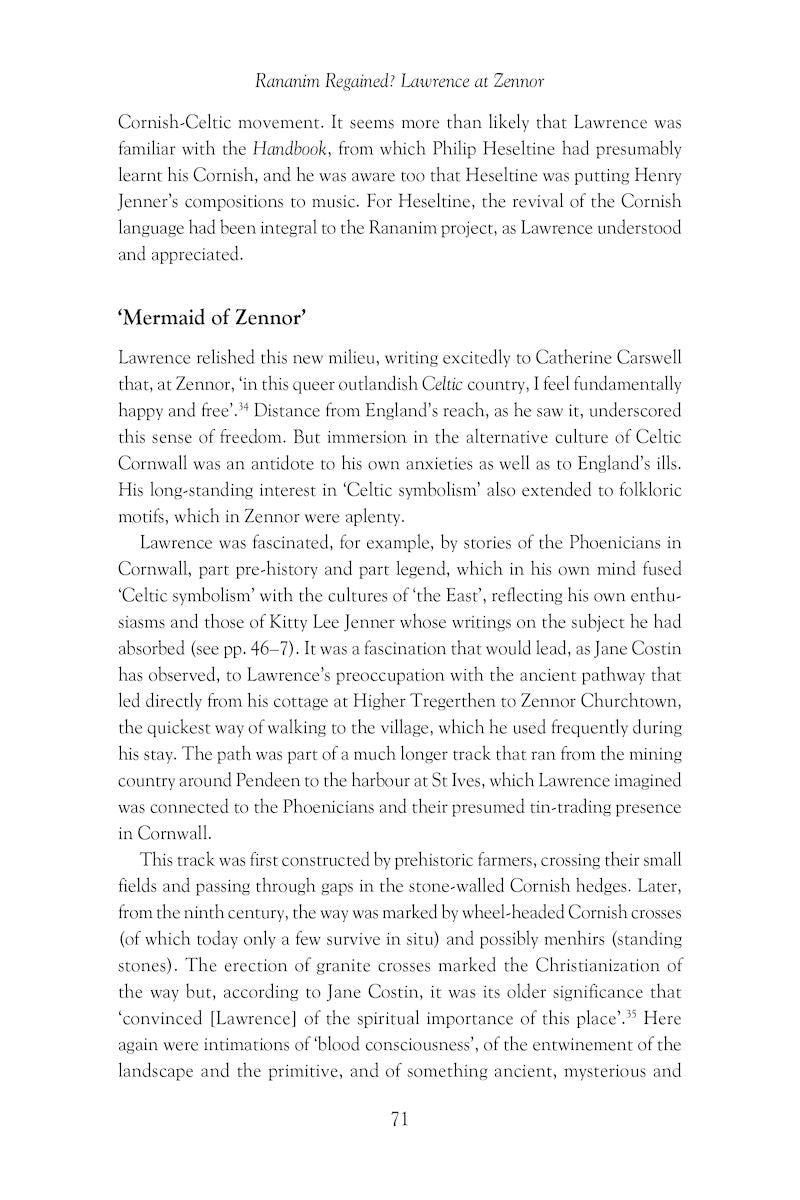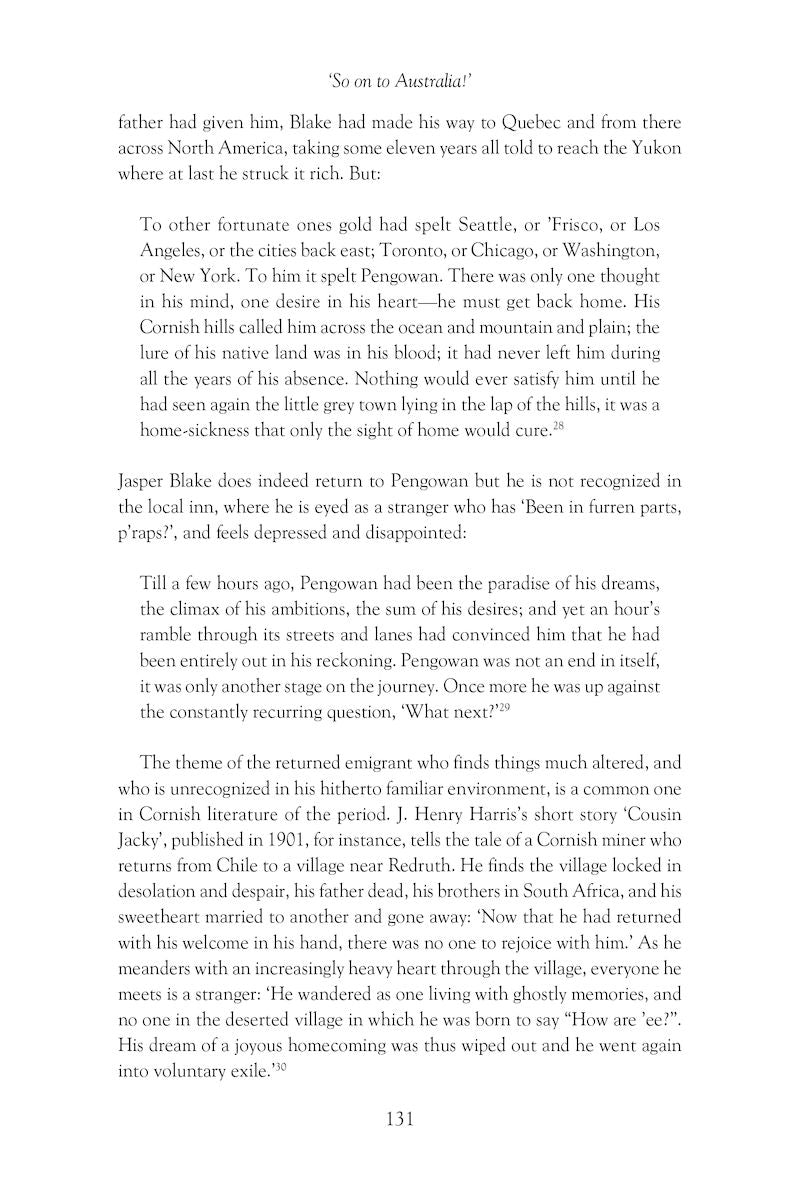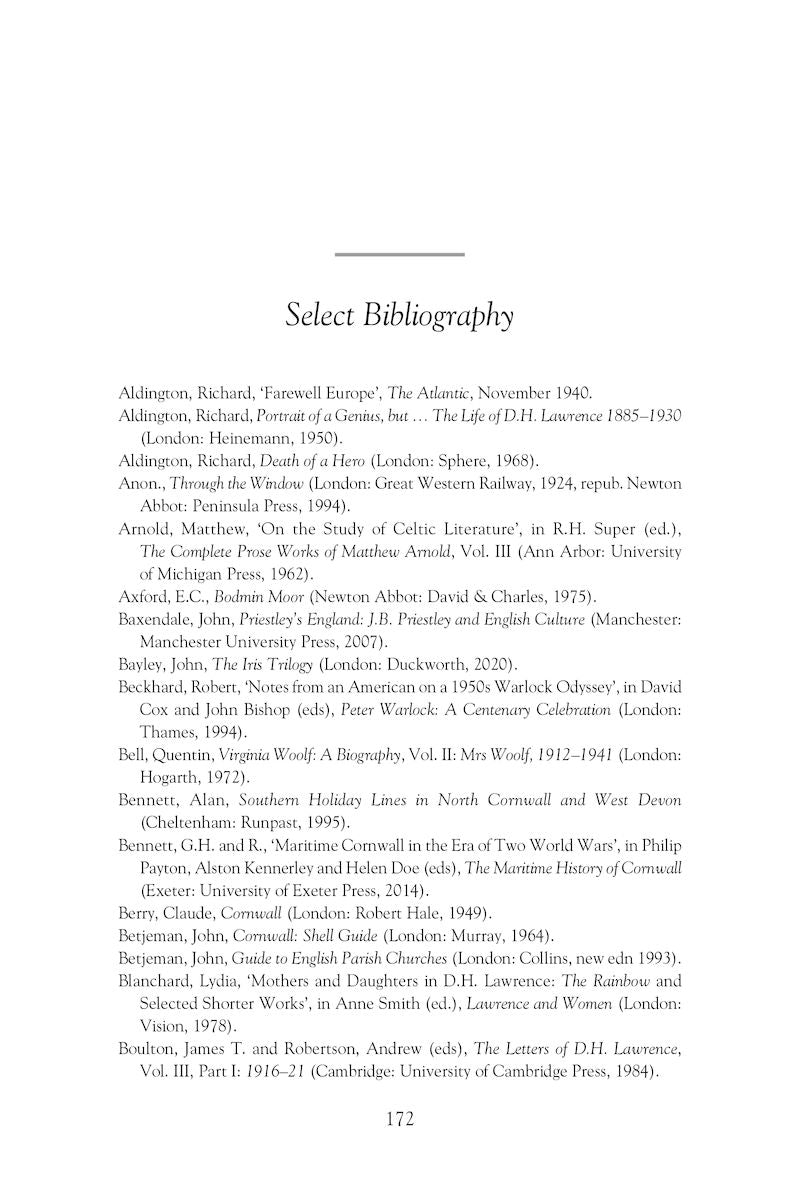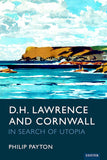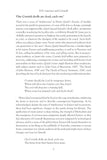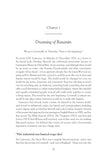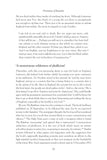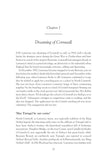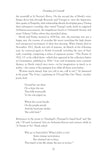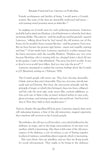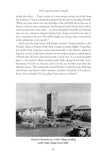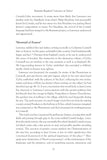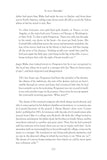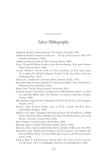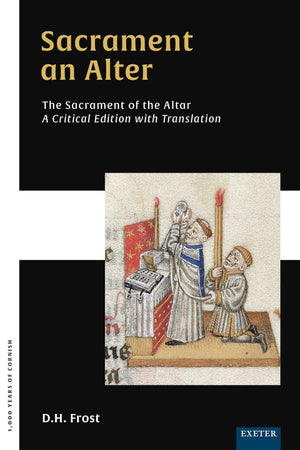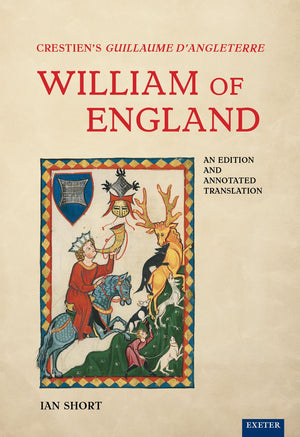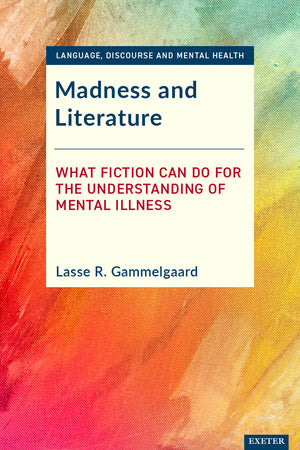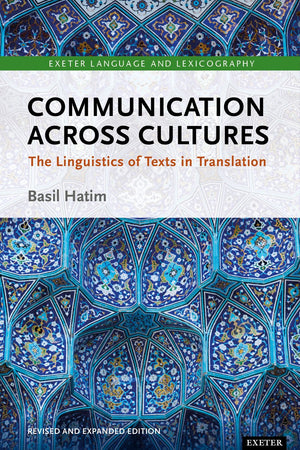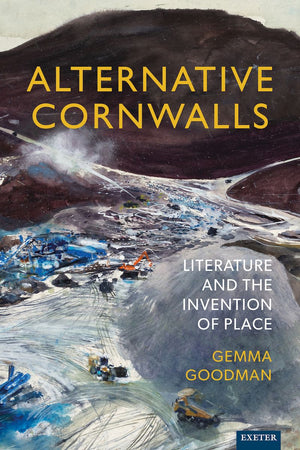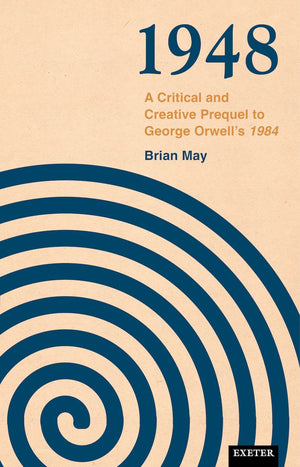University of Exeter Press
D.H. Lawrence and Cornwall
In Search of Utopia
Couldn't load pickup availability
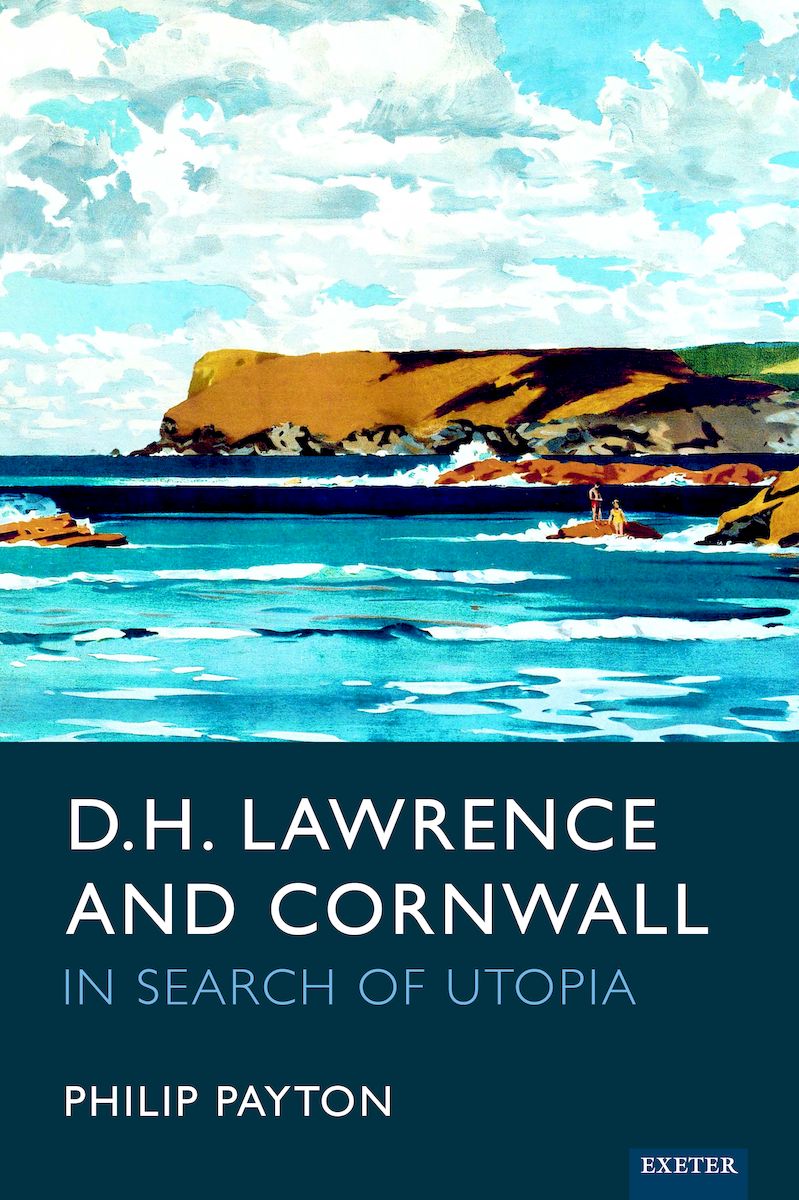
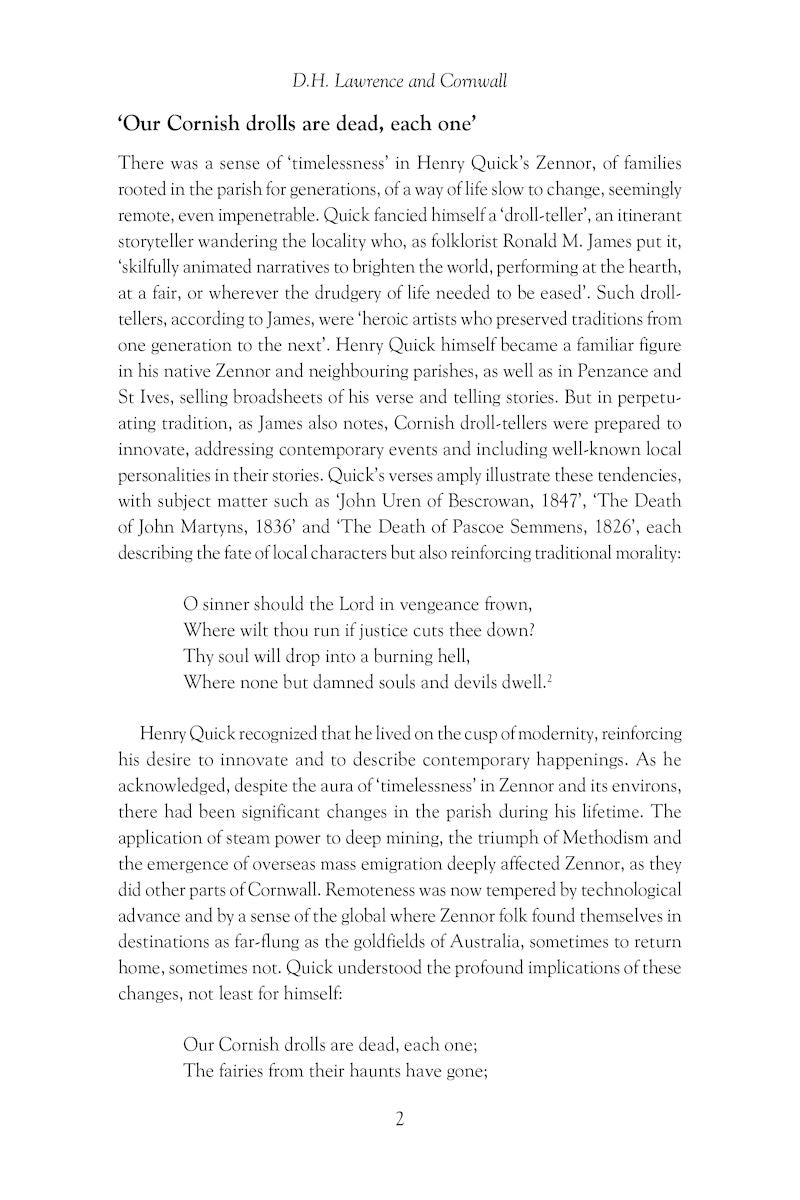
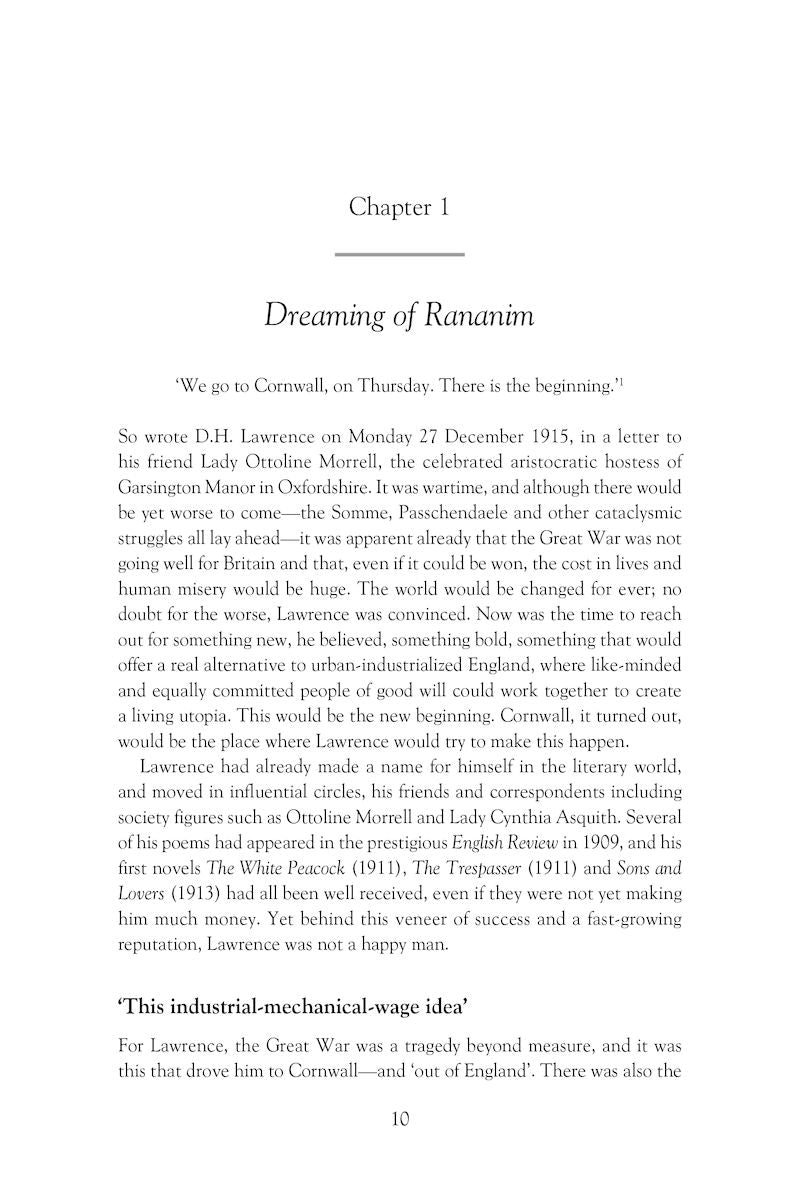
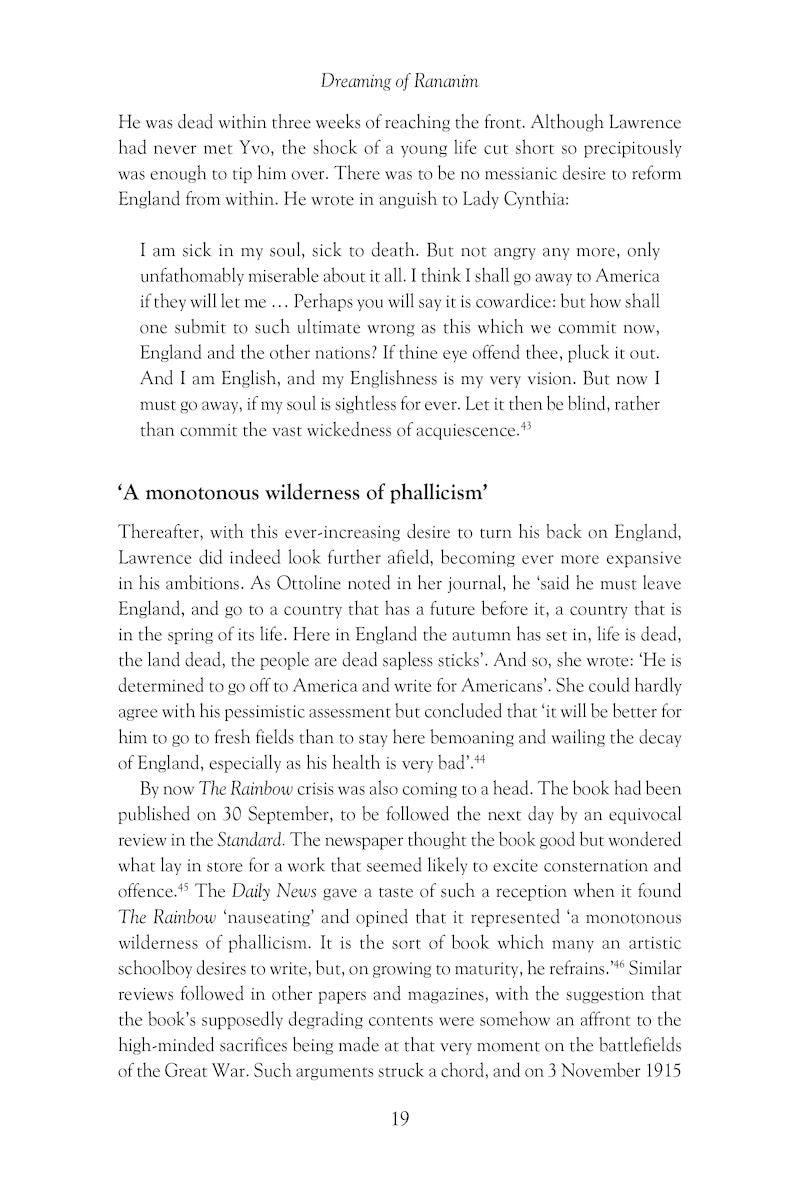
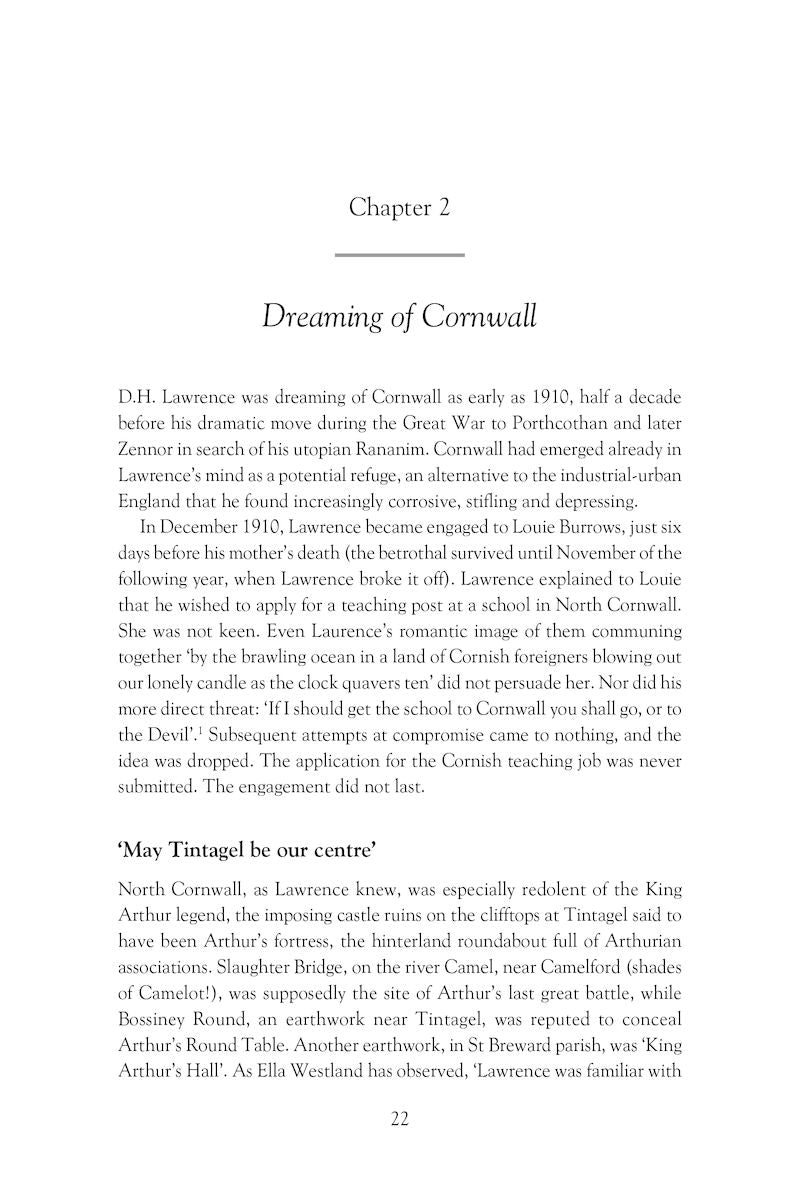
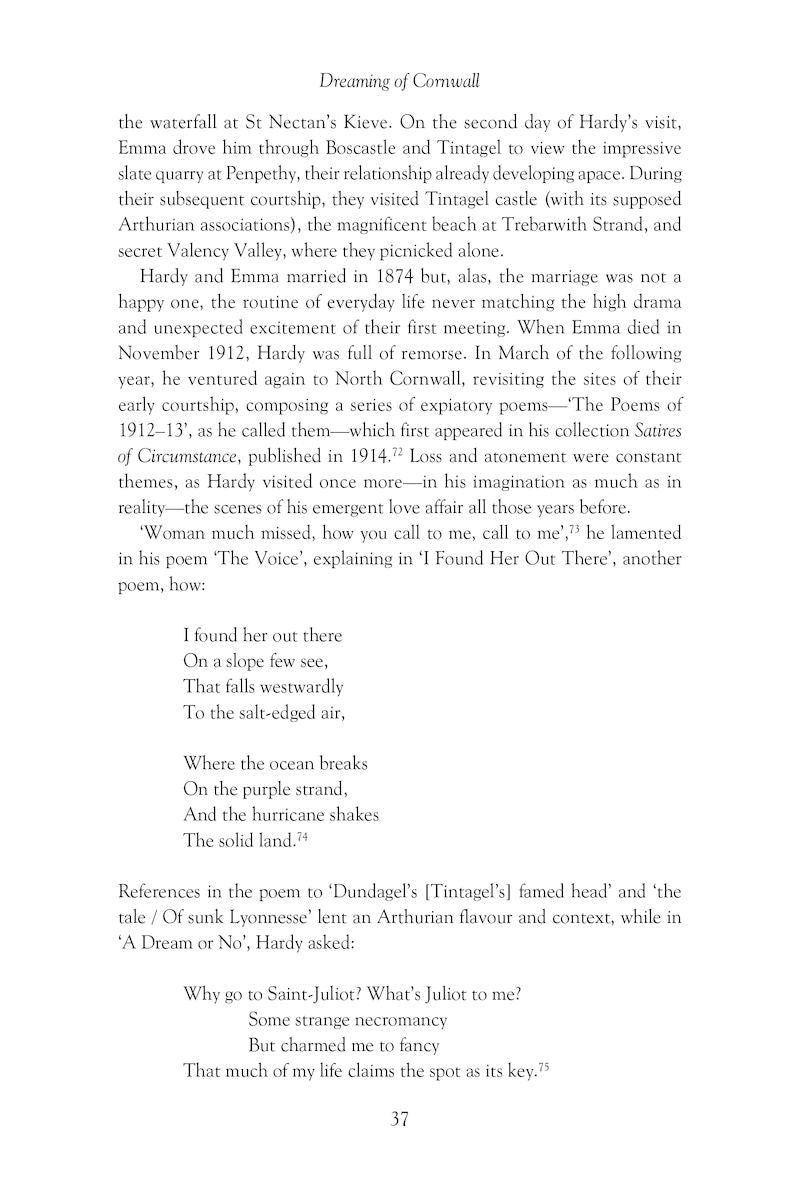
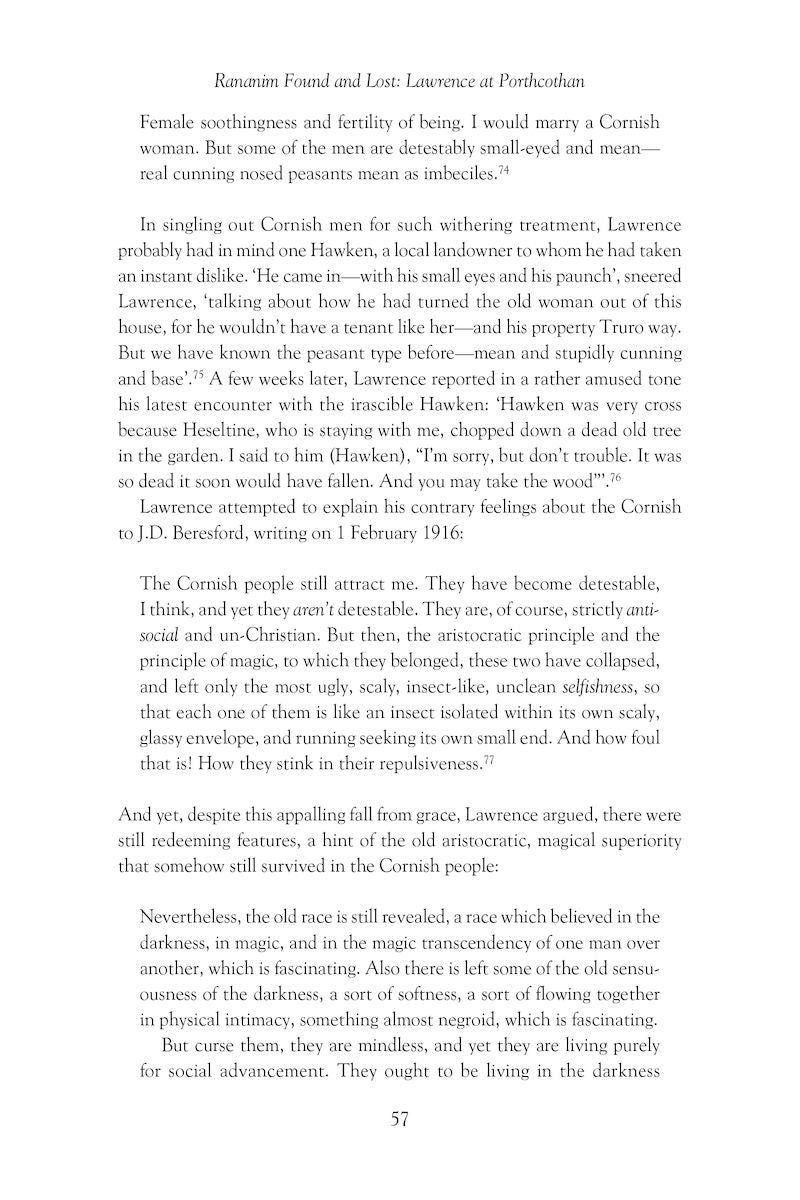
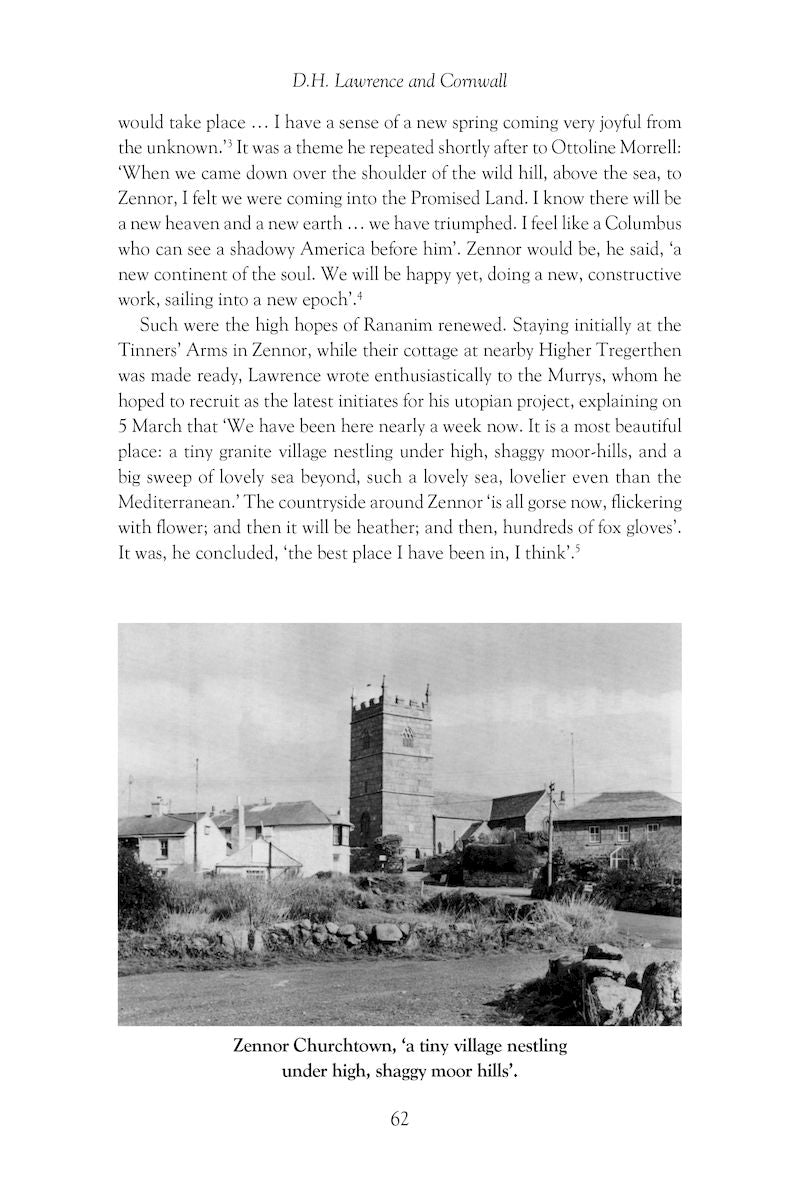
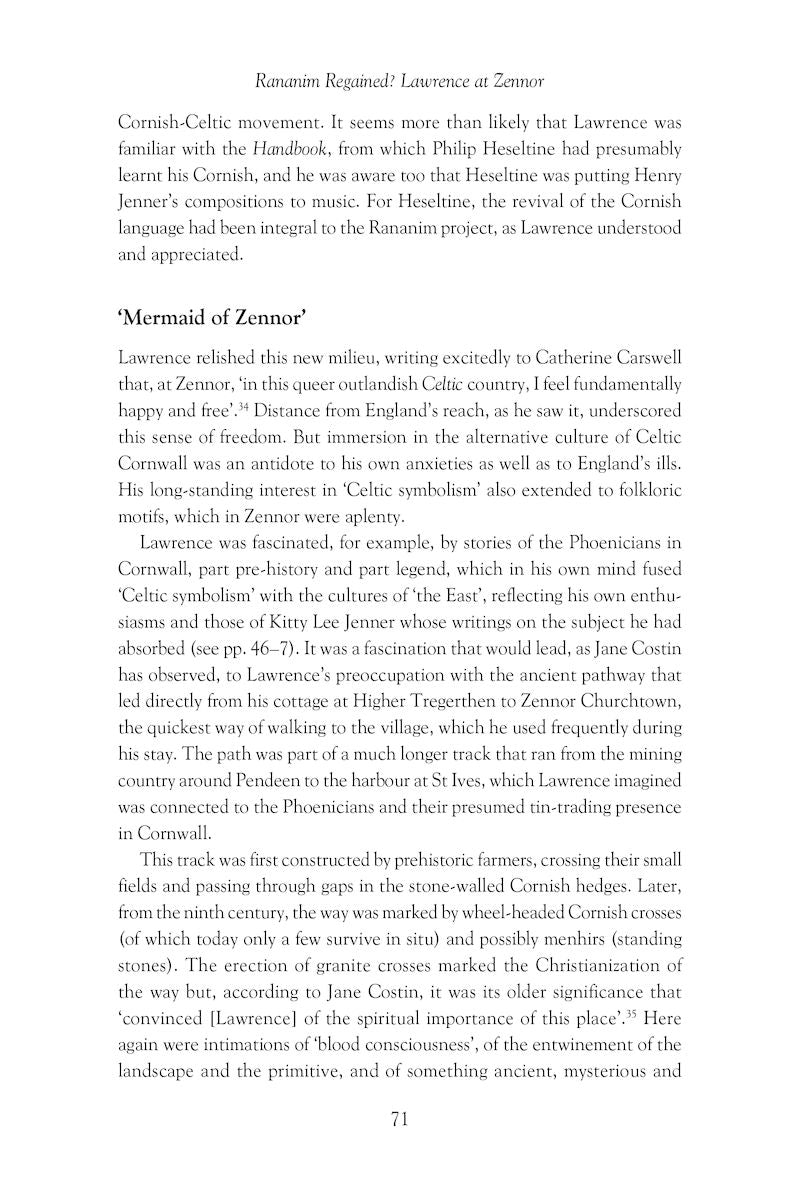
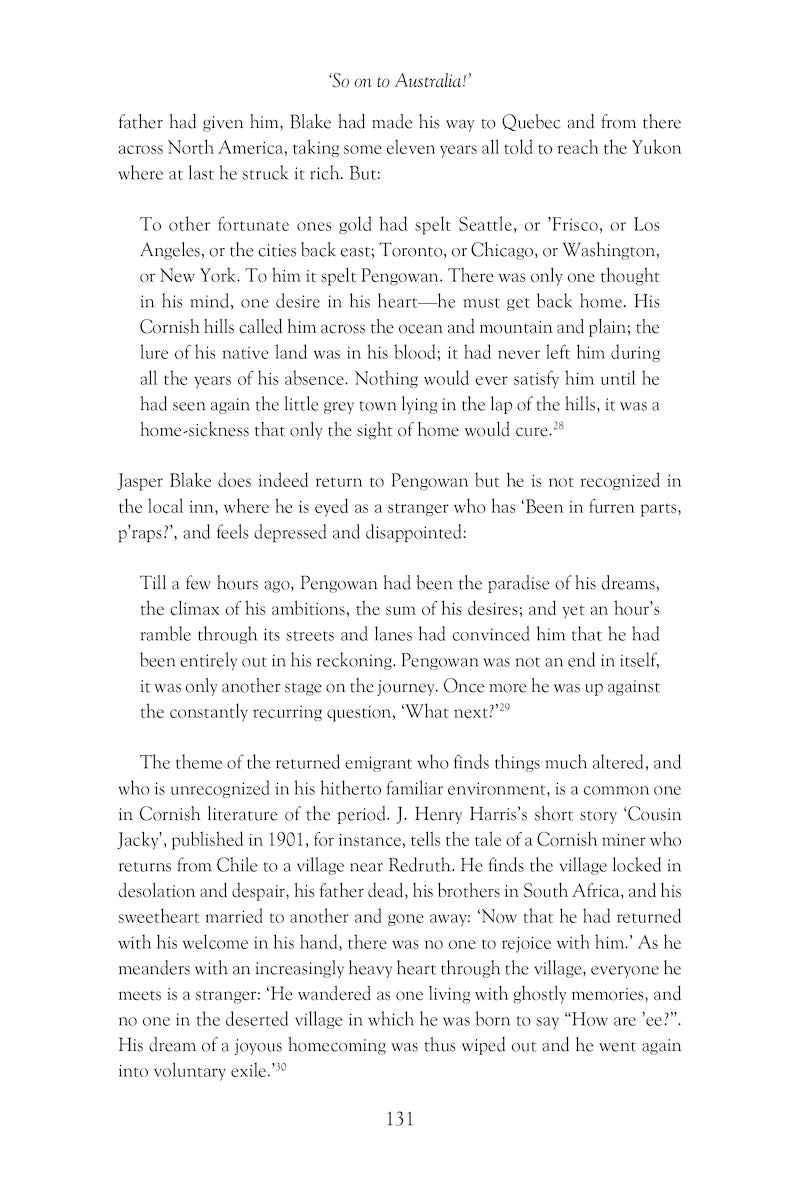
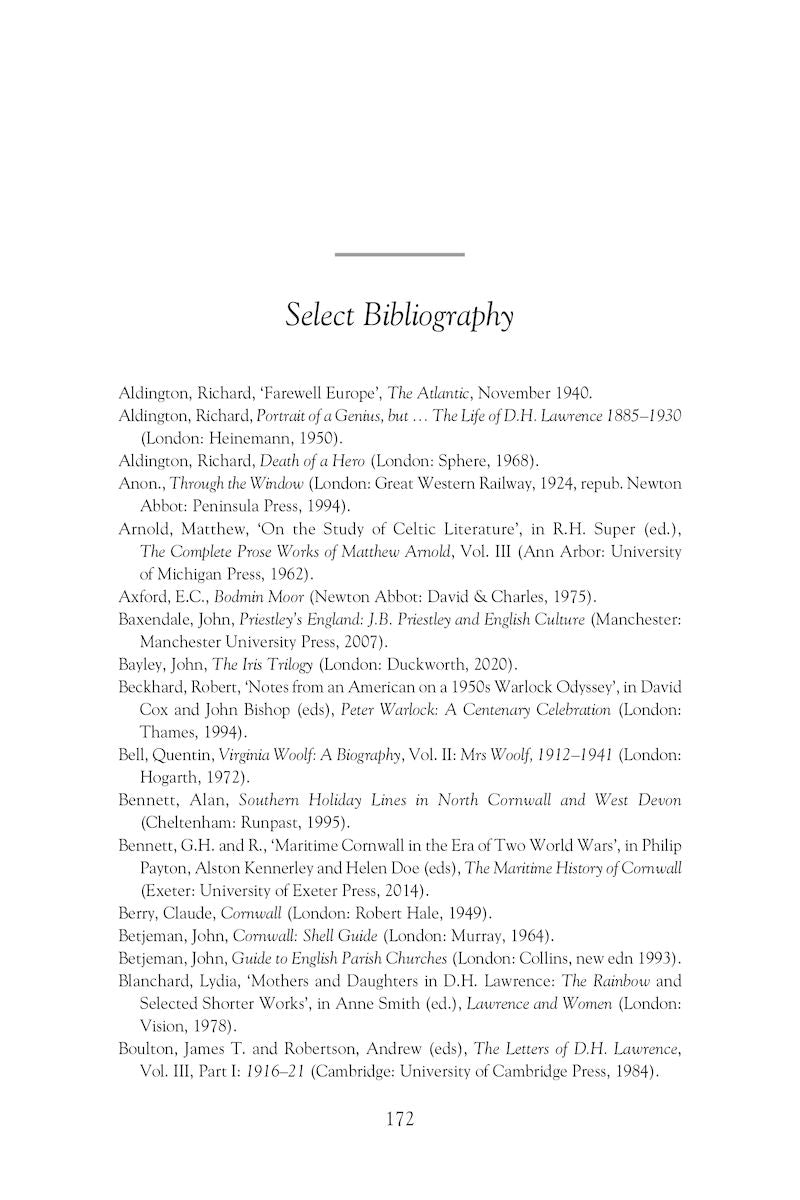
- 200 Pages
This book examines D.H. Lawrence’s attempt to create a utopian community of likeminded idealists in Cornwall, a quest that was given greater urgency by the outbreak of the First World War, an event Lawrence viewed with horror. He saw Cornwall as a ‘Celtic other’, beyond England’s reach. But he was ultimately disillusioned by the gradual intrusion of England’s ‘war spirit’ and was expelled from Cornwall by the authorities, ending up in Australia where he wrote about his Cornish sojourn in the semi-autobiographical novel Kangaroo.
The Cornish adventure was a key event in Lawrence’s life and this book alights upon several significant features that have not been fully described or understood before, notably the impact of ‘Celtic revivalism’ upon his imagining of Cornwall and the changing nature of the maritime war in and around Cornwall—not least its effect on Lawrence himself. Discussing the genesis and development of his ill-fated (invitation-only) community, the text follows Lawrence as he moves to Cornwall, first to Porthcothan, then to Zennor, and considers his evolving (and often contradictory) estimation of the Cornish people. Increasingly under suspicion as a possible German spy responsible for the upsurge in U-boat activity along the Cornish coast, he nonetheless formed close relationships with the local community at Zennor.
Considering D.H. Lawrence through a new prism, or rather a series of new prisms, this volume offers a fresh perspective on his life, writing and thinking. It also furnishes new insights into Cornwall’s ambiguous place in the English imagination and the complexity of Cornish identity, including its international dimension. As well as scholars and students, this book will be of great interest to both Cornish and D.H. Lawrence enthusiasts, along with the general reading public.
This important book places Lawrence in the field of Cornish Studies, of which Payton is one of the foremost pioneers. Written from an ‘insider’ perspective, Payton’s book places a fresh and much needed focus on the influence that Cornwall had on Lawrence. Payton combines rigorous research with a thoroughly engaging prose style meaning that D. H. Lawrence and Cornwall is an enjoyable scholarly book which breaks new and fruitful academic ground.
Dr Ruth Heholt, Professor of Literature and Culture, Falmouth University
Payton gives us the essential treatment of D.H. Lawrence’s pivotal Cornish sojourn. With a lifetime of considering that land’s unique character, Payton wields unmatched authority as he gracefully embraces Lawrence and Cornwall. This enchanting view of a place and an author is a ‘must have’ for Lawrence enthusiasts.
Ronald M. James, historian and author of The Folklore of Cornwall
An absorbing exploration of the intertwined histories of a mercurial writer and an extraordinary community in an extraordinary time. D.H. Lawrence's stay in Cornwall during the First World War lasted only a few short years, but it was full of incident. Payton’s profound knowledge of the history and folklore of Cornwall is evident as he delves into every aspect of the subject - Lawrence's own accounts and those of his associates, local histories, and, significantly, his fiction.
Dr Gillian Dooley, Honorary Associate Professor in English Literature, Flinders University
...this is a superb book if one is studying the works of D H Lawrence, particularly Kangaroo, or if one is interested in the history of northwest Cornwall.
Dr William J Metcalf
Professional Historians Australia
This is as much a book about Cornwall during the First World War as it is one about Lawrence, and in Payton’s skilful hands our knowledge and understanding of both are considerably enhanced.
Gerri Kimber
Times Literary Supplement
Acknowledgements
Prologue
1. Dreaming of Rananim
2. Dreaming of Cornwall
3. Rananim Found and Lost: Lawrence at Porthcothan
4. Rananim Regained? Lawrence at Zennor
5. War in Cornwall: ‘The Nightmare’
6. ‘So on to Australia!’
Epilogue
Notes and References
Select Bibliography
Index
- 200 Pages







